|
Producer Joslyn Barnes and cinematographer Alan Jacobsen credit experience in Denmark for artistic breakthrough: 'We moved Yance to Copenhagen and he was there for nine months' Strong Island enters the final weekend of Oscar voting having earned numerous prizes, including the Gotham Independent Film Award, four awards at the Cinema Eye Honors and a special jury award for storytelling at the Sundance Film Festival. Those honors are a tribute to the artistry and perseverance of director/producer Yance Ford, who made the film over a 10-year period. But they also reflect exceptional work by producer Joslyn Barnes -- Oscar-nominated along with Ford -- and cinematographer Alan Jacobsen, whose contributions played a key role in the success of the documentary. The edit was started from scratch, literally. Hundreds and hundreds of hours of footage was looked at again. "I started working with Yance eight years ago. We knew that we were doing something special," Jacobsen tells Nonfictionfilm.com. "I knew that what Yance was doing was going to be important and quite profound and needed. So it's just been really gratifying to see people respond to it and be moved to think about some of the issues in the film." The issues raised Strong Island have to do with racial bias in the justice system and the equal application of the law. Those questions arose in a most startling and tragic way for the director and his family after his older brother, William Ford Jr., was shot to death by a white auto mechanic in 1992, at a body shop near his home on Long Island. William had been in a simmering dispute with the business over a car repair. An aspiring law enforcement officer himself, he had threatened to expose the garage owners for allegedly running a chop shop. William was unarmed when he was gunned down without warning, but the killer was never charged. Police bought his story that he feared for his life and acted in self-defense, apparently never questioning whether that fear was reasonable. And authorities never investigated the possibility William might have been killed to silence his attempt to blow the whistle on the body shop. Jacobsen came on board early in the process, crafting a remarkably consistent look for the film given that it was shot over such an extended period of time. Among the compelling scenes he filmed were interviews with Ford's mother Barbara, recorded in the kitchen of the Ford family home. With quiet intensity Mrs. Ford recalled the night her son was killed and the unsympathetic response by police. "No officer spoke to me. No officer would look at me," she says directly into camera. Jacobsen praises Ford's "aesthetic of giving the people in the film a wide, unbroken frame to speak in long takes, and in full, complete thoughts and just being able to spend time in someone's regular house with their regular life and observing the infinitely relatable everyday moments. For me it was a real privilege to be welcomed into Barbara's house like that." Barnes joined several years into the making of Strong Island. "Yance and I started talking about the film firstly as friends, speaking about the way the edit was going and he was not satisfied that it was the film he really wanted to make," Barnes recalled. A period of reevaluation came after the death of Ford's mother. "Yance put the production on hold for quite some time and really took a step back to think long and hard about what he was going to do with the film and also of course dealing with the grief of all of this," Barnes observed. When the original editor on the film had to move on to another project, Barnes suggested working with Janus Billeskov Jansen, an editor based in Denmark. That decision would lead to a creative breakthrough. "We moved Yance to Copenhagen and he was there for nine months. I was there off and on four four months and the edit was started from scratch, literally. Hundreds and hundreds of hours of footage was looked at again," Barnes told us. "The questions that Yance started with really evolved and changed over that time and ended up in a new set of questions which I think really benefitted the film." The new set of eyes impacted how the existing material was seen, and suggested new material to be shot, Jacobsen affirmed. "The editors would be curious about things and we would realize that we should explore that in the interview [with Yance] further and we could loop back around and do another set of questions [on camera]," he noted. "I think it pushed the depth of the conversation about the systemic problems in this country to a higher level." The cross-cultural dimension to the team extended to Danish co-producer Signe Byrge Sørensen (Academy Award-nominated producer of The Look of Silence and The Act of Killing) and composer Hildur Guðnadóttir, an Icelandic cellist. "We had good creative partners all along the way from the shoot to the edit and to post, it was just a very good team and Yance is a very good director insofar as bringing out the best in people," Barnes stated. "He's very collaborative and it's reflected in our approach to producing and everybody who really contributed creatively to the final film. Everybody's work is in there." Strong Island speaks forcefully to the African American experience in this country and the reality that justice -- far from being blind -- tilts decidedly in favor of white over black. "When a white person kills a black man in America, the killer often faces no legal consequences," according to a report published by the Marshall Project last year. "In one in six of these killings, there is no criminal sanction, according to a[n] examination of 400,000 homicides committed by civilians between 1980 and 2014. That rate is far higher than the one for homicides involving other combinations of races." Barnes has a long history of engagement with issues of social justice. She co-founded Louverture Films with Danny Glover, a production company with a mission to give greater voice to "filmmakers from the global south specifically... with an emphasis on people of color and women," as the producer described it. We have such a huge problem in this country. It is so profound that we don't have time for window-dressing. I asked her about working as a white person on Strong Island, a film that documents with such power the consequences of pernicious racism. "I think that's a really good and legitimate question," Barnes responded. "As a white person working with filmmakers of color I think the most important thing is to really listen and try to not bring my personal conditioning and social baggage into the situation. I feel fortunate to have [learned from] any number of people during my life who have been of color and come from different class backgrounds and different situations and different parts of the world, including here in the U.S., who have taken the time to educate me. But I think it's also because I've taken the time to try to become educated. I don't feel like the onus should always be on people of color to educate white people. I feel like this is something we need to do and we need to listen and we need to make that effort." Barnes added, "It was interesting working in the edit in Denmark because these are people who are really keen to learn about what was going on in the U.S. But they also had to really overcome some of their own biases and some biases that they didn't even realize they had. Because it's the mark of privilege to actually not know how privileged you are. So you really have to learn to listen to a person who you're working with, and to open yourself to that perspective. And I think that is really the work because otherwise what you're doing is just kind of window-dressing. And nobody needs more window-dressing. We have such a huge problem in this country. It is so profound that we don't have time for window-dressing. We really have to get into this." Ford has publicly credited Barnes and Jacobsen for their vital contributions to the film. The feeling of esteem is mutual. "There's a lot of obstacles to making a documentary, especially over so many years. And the fact that Yance was able to stay laser-like focused on what he wanted to say with the film, it just took a lot," Jacobsen attested. "Yance's vision has been there from the start and... by setting that high bar and pushing us to do our best work it was a tremendous gift." Read: Yance Ford on Strong Island and "the need to interrogate 'reasonable fear'" |
AuthorMatthew Carey is a documentary filmmaker and journalist. His work has appeared on Deadline.com, CNN, CNN.com, TheWrap.com, NBCNews.com and in Documentary magazine. |
- Home
- News
- Videos
-
Galleries
- 2019 Tribeca Film Festival
- Full Frame Documentary Film Festival
- 2019 SXSW Film Festival
- SXSW 2018 Gallery
- 2019 Sundance Film Festival
- Outfest 2018 Photo Gallery
- Outfest 2017
- Sundance 2018 Photos
- 2017 LA Film Festival
- 2017 Cannes Film Festival
- Tribeca Film Festival 2017
- SXSW 2017 Gallery
- 2017 Berlin Film Festival
- Sundance 2017 Gallery
- 2016 Los Angeles Film Festival
- Cannes Film Festival 2016
- SXSW 2016 Gallery
- Berlinale 2016 Gallery
- Sundance 2016 Gallery
- Filmmaker Gallery
- About
- Contact
Proudly powered by Weebly
- Home
- News
- Videos
-
Galleries
- 2019 Tribeca Film Festival
- Full Frame Documentary Film Festival
- 2019 SXSW Film Festival
- SXSW 2018 Gallery
- 2019 Sundance Film Festival
- Outfest 2018 Photo Gallery
- Outfest 2017
- Sundance 2018 Photos
- 2017 LA Film Festival
- 2017 Cannes Film Festival
- Tribeca Film Festival 2017
- SXSW 2017 Gallery
- 2017 Berlin Film Festival
- Sundance 2017 Gallery
- 2016 Los Angeles Film Festival
- Cannes Film Festival 2016
- SXSW 2016 Gallery
- Berlinale 2016 Gallery
- Sundance 2016 Gallery
- Filmmaker Gallery
- About
- Contact

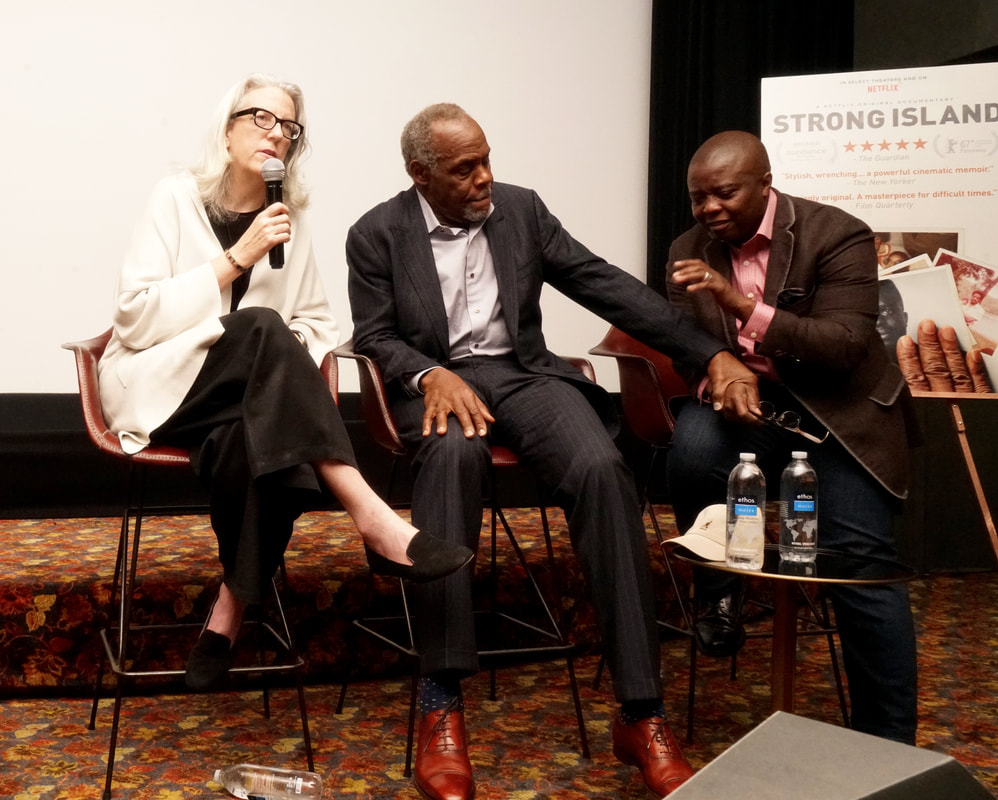
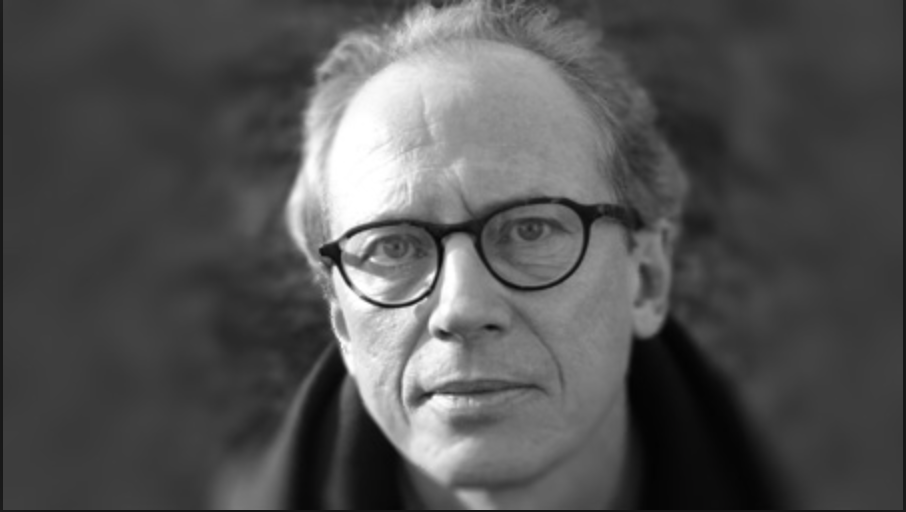
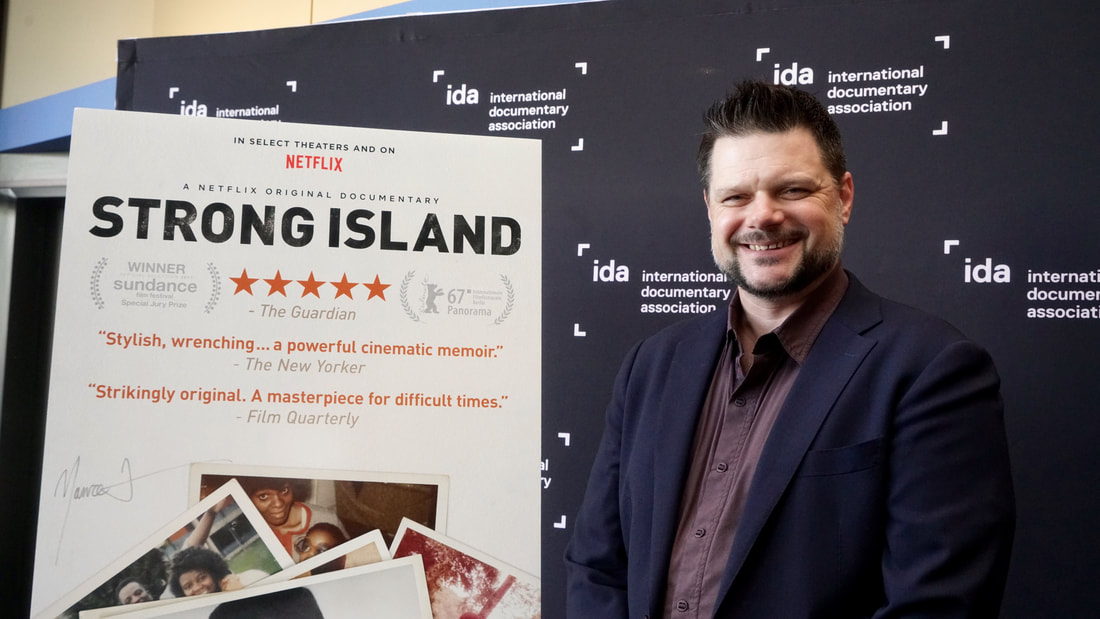
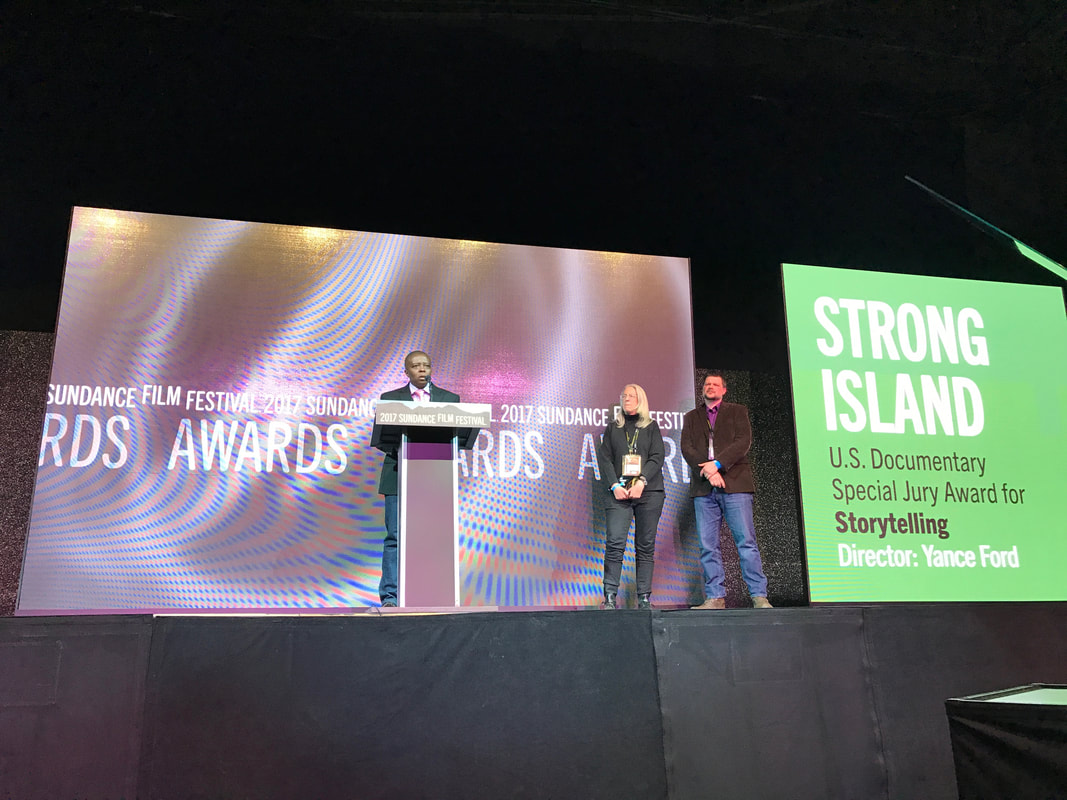
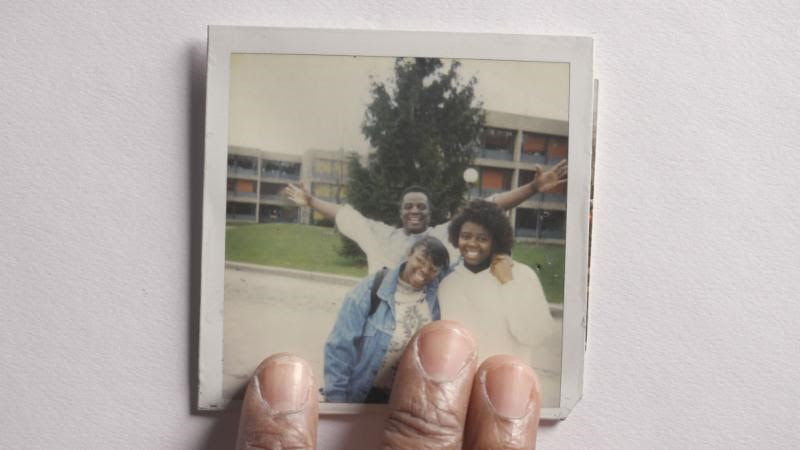
 RSS Feed
RSS Feed